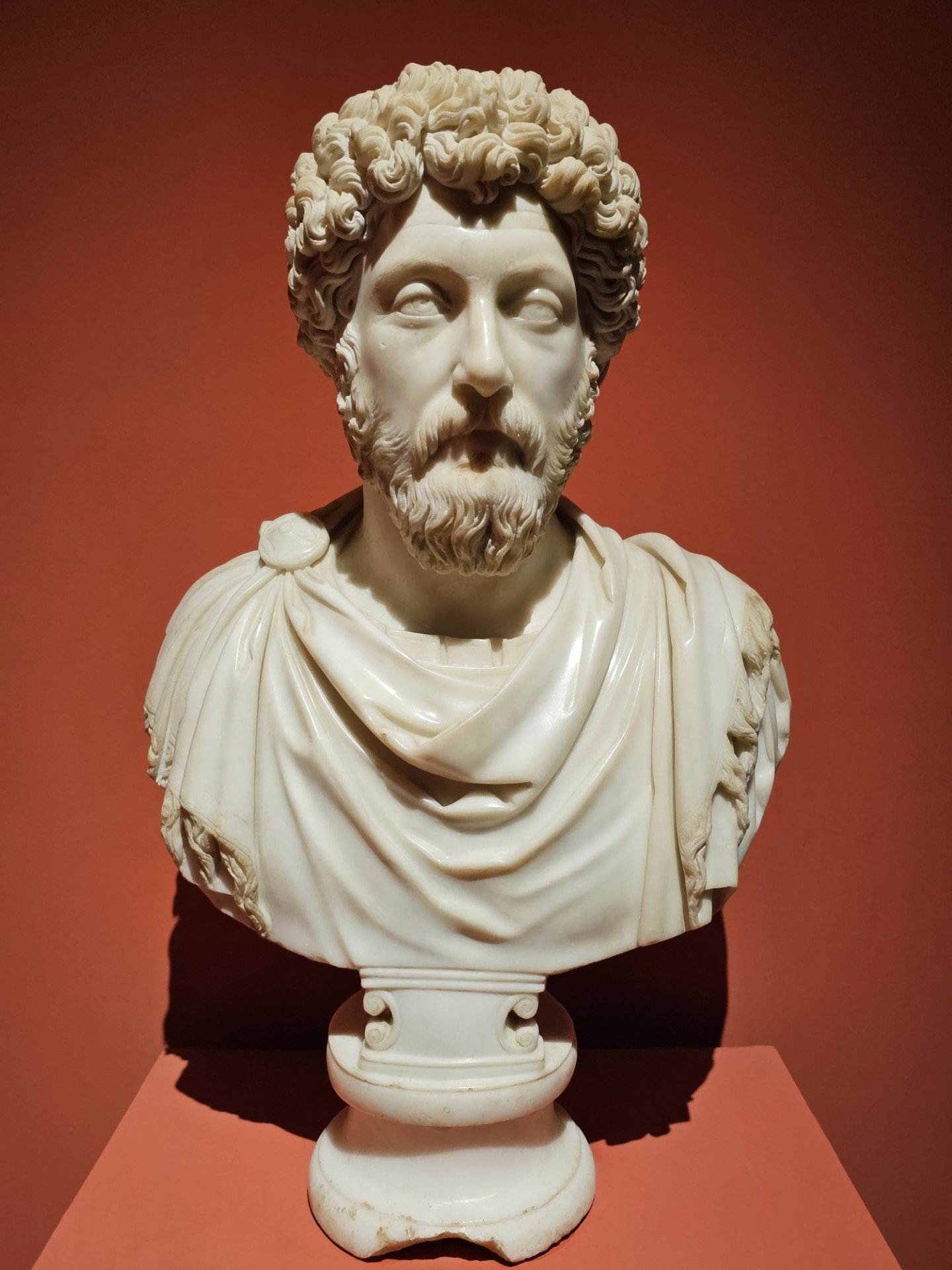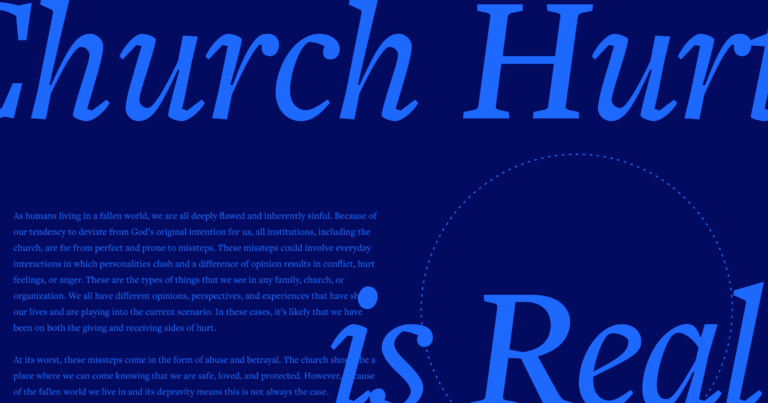Set Your Minds Above
Let’s take a closer look at one of my favorite places in the Bible. Colossians 3:1–4. Paul writes,
If then you have been raised with Christ, seek the things that are above, where Christ is, seated at the right hand of God. Set your minds on things that are above, not on things that are on earth. For you have died, and your life is hidden with Christ in God. When Christ who is your life appears, then you also will appear with him in glory.
A couple of basics right up front. One, there’s a command that Paul gives right at the center of this section of verses. He says to “set your minds on things that are above.” This is basic Christianity right here: a discipline of focus, of perspective, cultivating a vision for the world to come that’s been promised as the ultimate future for all of God’s people.
Paul’s calling us to a kind of spiritual discipline that meditates on the promises that God has given to us that we haven’t seen yet and something we haven’t experienced yet but that’s crucial for our new identity in Christ.
Remember Heaven
Matthew McCullough
In these practical meditations on biblical promises, Matthew McCullough shows how cultivating heavenly mindedness shapes readers’ lives in the meantime.
The second thing I notice here is that this command is rooted in who Jesus is to us. “Set your mind on things above, not on things that are on earth.” Why? “Because you’ve died and your life is hidden with Christ in God.” Our life before—the old self, the life that died—wanted everything it could get out of this world right here, right now. It’s all about kingdom building here. All about squeezing as much goodness, as much status, as much power, as much wealth as we could. That life is dead now. Through Jesus we recognize that that life was dead already. It had no hope, no future, nothing lasting. And in Christ, we found something far greater.
So, now our life is hidden with him, and he is where we’re headed. The world to come is an experience that we haven’t had yet, but it involves a person we do know and experience and relate to right now. We can long for it because we long for and love him so much. Verse 4: “when Christ, who is your life, appears, then you also will appear with him in glory.” That’s the horizon, and Paul’s putting it right at the center of the Christian life.
Probably my other favorite thing about this passage is not in these verses but in the verses that come next. Sometimes there’s a knock on this heavenly-mindedness that Paul’s calling for, as if it’s a kind of betrayal of the earth, minimizing how important things are here and now, a distraction from our calling here and now to serve God in this world and this life.
And I’m sure people have been guilty of that in the past, from indifference or inaction with real opportunities and real needs around them. But Paul just won’t settle for that kind of dichotomy. Yes, he says set your mind on things above, not on things that are on earth, but he doesn’t mean set your mind on heaven and pay no attention at all to the life you’re living now. That isn’t what he means.
Set your mind on what’s coming, not on what you were living for.
Set your mind on what’s coming, not on what you were living for. That’s what he means—not what this earthly life offers to you as a reward or any source of hope. Set your mind, he says, on things above precisely so that you live in this world right here, right now in a way that honors God and all that he’s done for you. From verse 5 through the end of the chapter, it’s one of his most comprehensive, most beautiful, most detailed descriptions of what it means to live right now as a Christian.
All of that flows from a mind that’s set on things above. He talks about sex, marriage, parenting, and work. He talks about envy, lying, slander, and gossip. He talks about forgiveness, patience, humility, and meekness. All of it flows out of a mind that’s set on things above. There’s nothing more practical to your life as a Christian and to your growth and holiness than cultivating a heavenly mindedness that helps you to see the things of earth in light of where all this is headed.
So, I think one of the most important applications I would draw from this text is to learn to recognize where in Colossians 3 you’re wanting to grow, whether it’s something you’re wanting to put off, as he says to do in verses 5–11, or put on as he says to do in verses 12–17. And then see how that area connects back to what’s coming in your future because of Jesus.
Maybe you’re dealing with evil desire, envy, or wrath, or let’s say anger has been a problem for you. Have you thought about how your anger might be connected to not focusing enough on things above and on things to come? Have you thought about if what you want is to grow in your patience or your meekness towards your children as a parent? Have you thought about the fact that seeing your future as defined by heaven is directly relevant to growing in patience right here and right now? Paul is saying that it is. Have you thought about how?
I think what Paul’s given you here is a wonderful tool to start using. The answers that you’re going to find are going to depend on prayer and careful thinking and what God shows you in his word. But the question is worth asking: How can thinking more clearly about where all this is headed give me more victory as I fight for holiness right here and right now?
Matthew McCullough is the author of Remember Heaven: Meditations on the World to Come for Life in the Meantime.

Matthew McCullough (PhD, Vanderbilt University) is the pastor of Edgefield Church in Nashville, Tennessee, and the author of Remember Heaven: Meditations on the World to Come for Life in the Meantime.
Related Articles
Crossway is a not-for-profit Christian ministry that exists solely for the purpose of proclaiming the gospel through publishing gospel-centered, Bible-centered content. Learn more or donate today at crossway.org/about.












 English (US) ·
English (US) ·